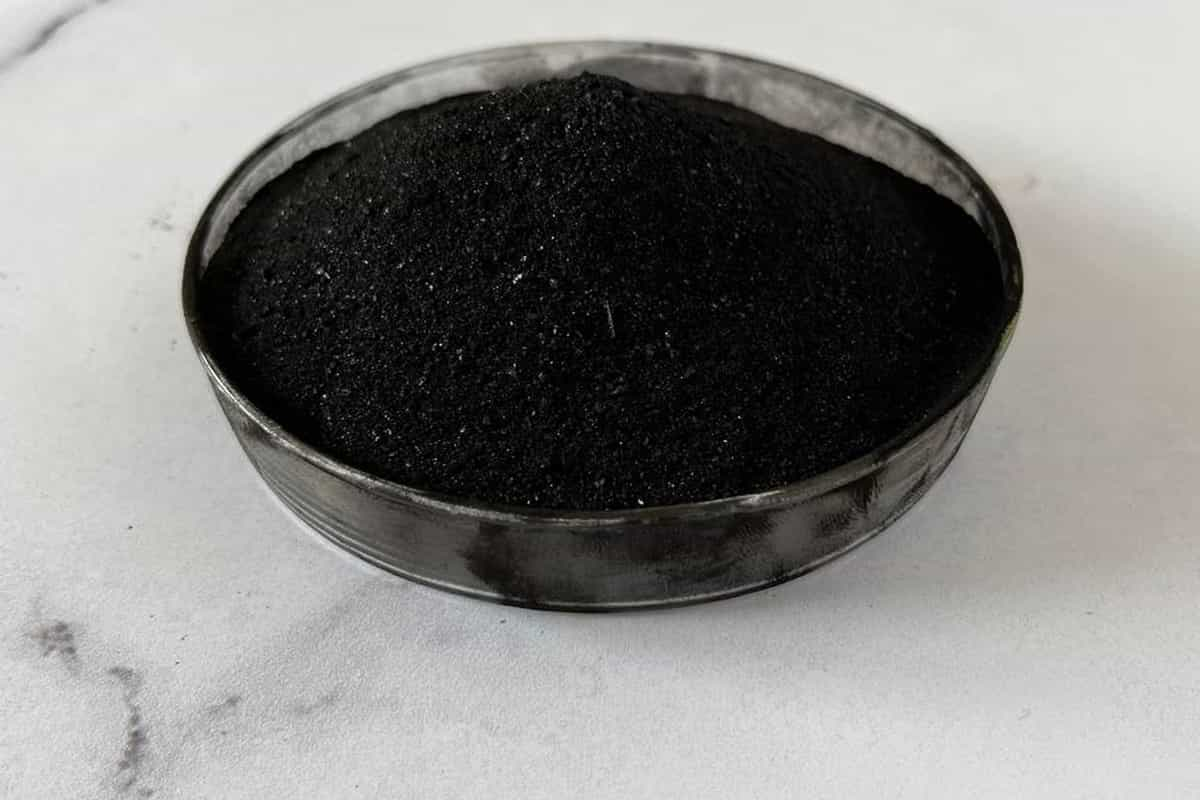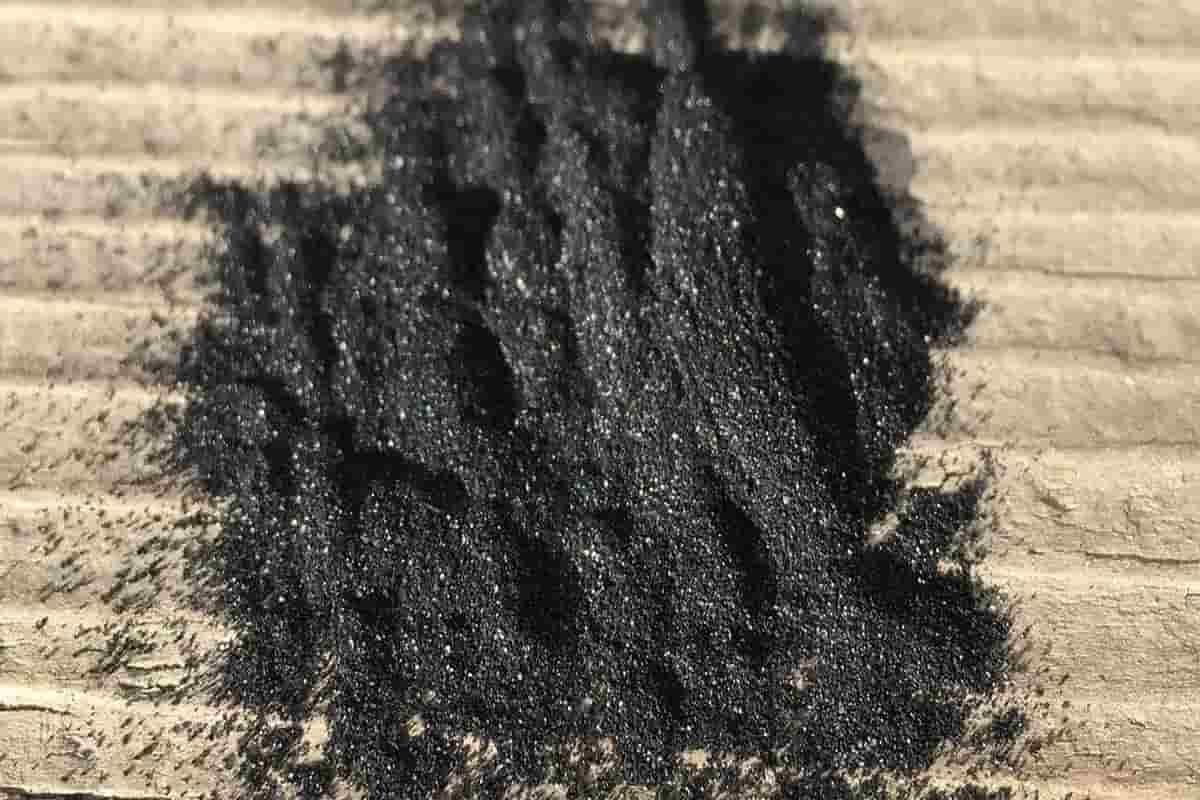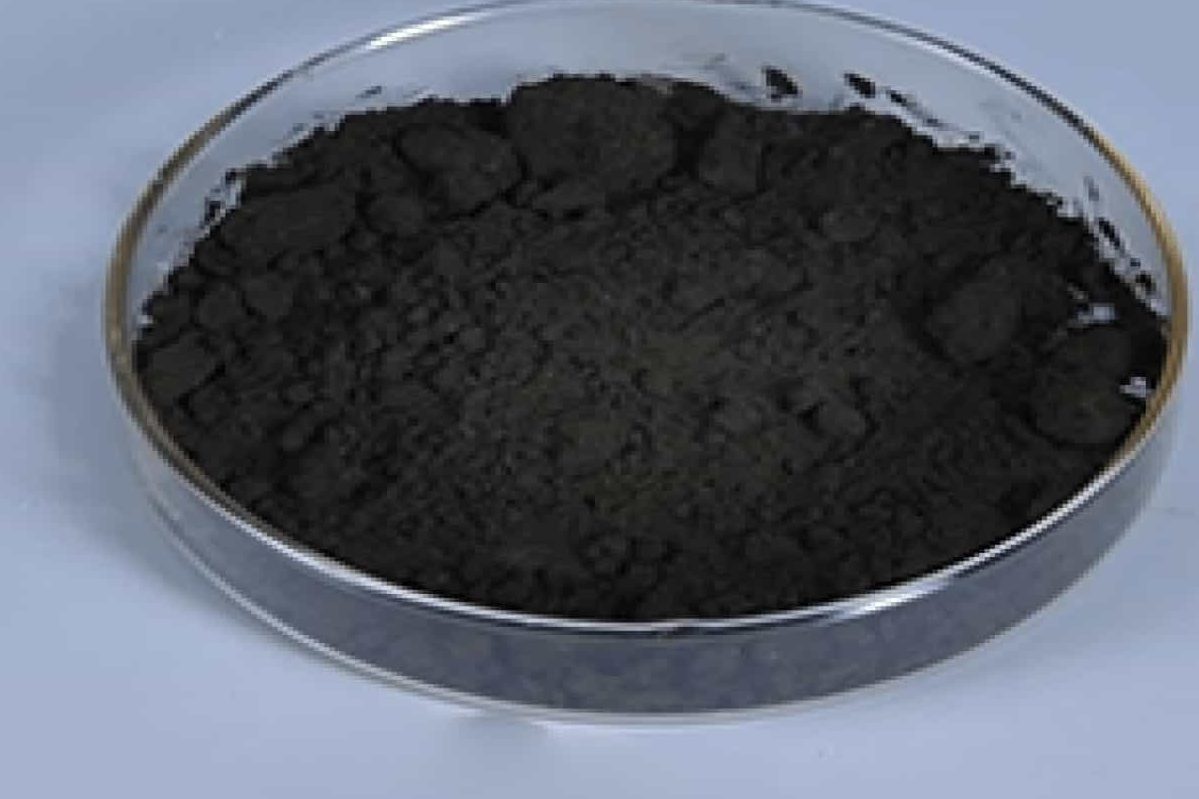It is becoming more common practice across the globe to incorporate various types of modifiers and additives into bituminous road construction materials in order to enhance their functionality.
gilsonite powder user
Gilsonite powder is an excellent additive with almost no equivalent. Lime is another example of one of these additives, which also includes polymers and fibers. Road paving experts and road paving contractors that are concerned both with excellent performance and cost-effectiveness are now giving significant consideration to one product. Gilsonite has a long history of use in the bitumen industry, both as a reinforcing agent and as a hardening agent. New evidence, both from the laboratory and from a rapidly developing body of fieldwork, reveals that Gilsonite offers a one-of-a-kind combination of excellent performance and economy for high-stress paving applications. These studies have been conducted in both the United States and Canada. The primary advantage of using Gilsonite is that it enables producers of road pavement mixtures to achieve far higher levels of stability than is possible using more traditional methods. Gilsonite is an exceptional natural hydrocarbon that is abundant in asphaltenes and nitrogen compounds. It takes the form of a granular solid and is completely compatible with bitumen. It is possible to melt it into hot bitumen, or it can be added to the manufacturing process of hot mix. In either scenario, gilsonite readily dissolves in bitumen, and the amount of additional mixing time necessary to obtain a homogenous, easily workable hot mix is only marginally increased. The enhanced load-bearing capacity of Gilsonite-fortified pavements is due to the pavements' increased resistance to deformation issues such as rutting and shoving, which is made possible by the increased stability provided by Gilsonite. In addition, research conducted in laboratories and observations made in the field has shown that better deformation resistance can be achieved by treating the pavement in such a way that it keeps a significant portion of its initial ductility and capacity to resist low-temperature cracking. In addition to these advantages, there is also enhanced resistance to the deteriorating effects of water and age. Gilsonite should not be regarded as a replacement for bitumen in the process of making cheaper asphalt because Gilsonite is a bitumen modifier and it is required to be included in the range of additives despite the fact that its price is significantly lower than that of bitumen itself. 
gilsonite powder for sale
Gilsonite is a naturally occurring hydrocarbon that is rich in asphaltenes, in addition to containing nitrogen compounds and is totally compatible with bituminous pavement materials. It is simple to incorporate by either pre-solving it in the bitumen with agitation or adding it directly during the manufacturing process of hot mix asphalt since it produces true and stable solutions in bitumen. In most cases, the ash content of the Gilsonite that is applied to asphalt will not have an impact on its performance provided that it remains below 25%. The economic component will be affected first, and then the quality of the final product will be affected by the superior ash content. Because certain chemical components of ash reinforce asphalt mix characteristics and also serve as cationic glue, the presence of ash at levels of around 20 percent is not to be seen as an unfavorable factor when it comes to the binders used in road paving. According to the findings of several low-temperature durability studies, sulfur-modified asphaltic concretes may have a longer lifespan than their unmodified asphalt counterparts. As a result, the presence of sulfur in road paving mixes is considered to be a desirable quality to possess. As a consequence of this, this particular variety of gilsonite is excellent for use as an additive to asphalt mixes. Gilsonite has the ability to change the properties of bitumen by lowering its penetration, increasing its viscosity, and raising its softening point when it is introduced to bitumen. Gilsonite is used in the production of road paving mixes because it improves the stability of the mixing process. As a result, the problems of pushing, rutting, and other types of deformation that are caused by high traffic and hot weather conditions are mitigated. Because gilsonite lowers the temperature susceptibility of most bitumen, it is possible to achieve high-temperature performance while maintaining low-temperature properties economically. It is not difficult at all to incorporate gilsonite into the paving mix or the hot bitumen mixture. 
gilsonite powder nz
It can be added anyway. In addition to this, it has a negligible impact on the contractor's daily operations. The price of Gilsonite is extremely low in comparison to that of the vast majority of other modifiers. Gilsonite quickly combines with the other components of hot mix; it creates stable solutions that do not split during hot storage, and its use of it does not need any changes in the design of the pavement or in the typical techniques that the contractor uses for laying pavement. In a general sense, the addition of gilsonite to bitumen produces three primary outcomes:
- It reduces the bitumen's ability to penetrate.
- It causes an increase in the viscosity of bitumen
- It increases the point at which the material begins to soften
The addition of gilsonite yields the following outcomes during the production of road paving mixtures, specifically:
- Increases the mixing stability, which in turn reduces pushing, rutting, and other types of deformation problems caused by high traffic and conditions of hot weather.
- Reduces the temperature susceptibility of most bitumen, allowing for improved performance at high temperatures with minimal impact on low-temperature characteristics.
- Is quite simple to incorporate, whether it be into the asphalt directly or into the paving mix that you use. In addition to this, it has a negligible impact on the contractor's daily operations.
- Is a small fraction of the cost of the majority of other modifiers, around one-third the cost of Styrene-Butadiene-Styrene co-polymer or Ethylene Vinyl Acetate (EVA) co-polymer (SBS).
The utilization of gilsonite modifier results in the acquisition of a number of additional advantages as well. These advantages can be significant during the production and placement of hot mix pavements, which are frequently problematic stages for polymeric modifiers. gilsonite:
- Easily mixes with other components of hot mix
- Forms stable solutions that do not divide during hot storage
- Does not require changes in the design of the pavement, nor in the usual techniques that the contractor uses for laying pavement
For more information on different kinds of gilsonite suitable for your application or any inquiries, feel free to contact us. our sales experts are ready to give you all the necessary information, answer your questions, and guide you through the process. 
